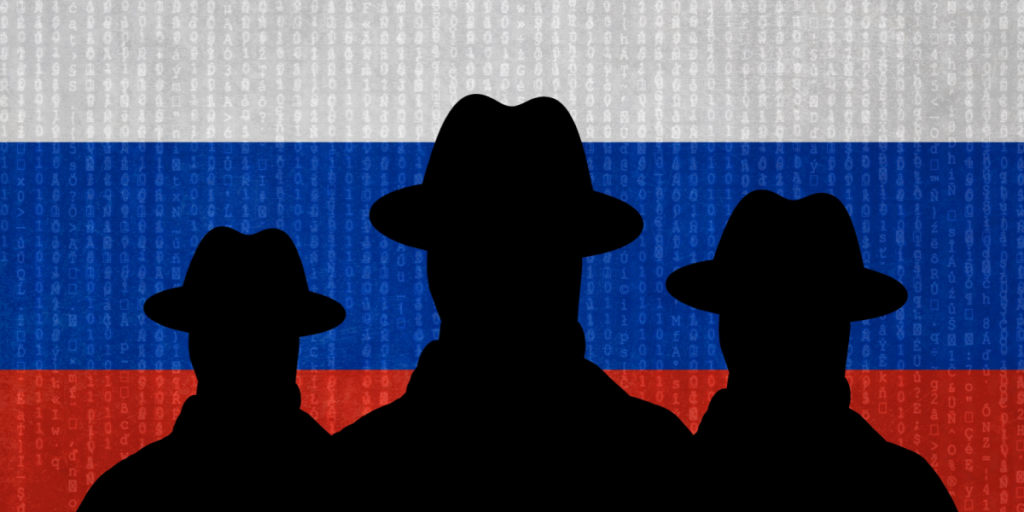As these old tensions return to the headlines, so too does one of le Carré’s best-known stories.
Others are reading now
As these old tensions return to the headlines, so too does one of le Carré’s best-known stories.
Cold War thinking is back, says Le Carré’s son
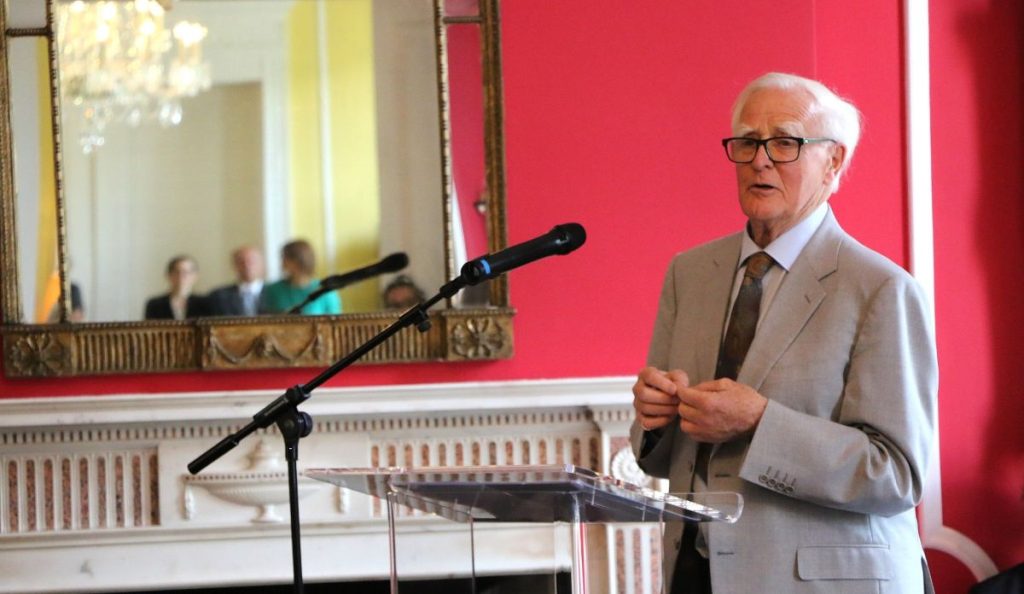
Nick Harkaway, son of famed spy novelist John le Carré, believes we’re living in a geopolitical déjà vu.
With war in Ukraine and tensions rising globally, he argues that today’s conflicts feel alarmingly familiar, like a replay of Cold War power politics.
Harkaway draws parallels
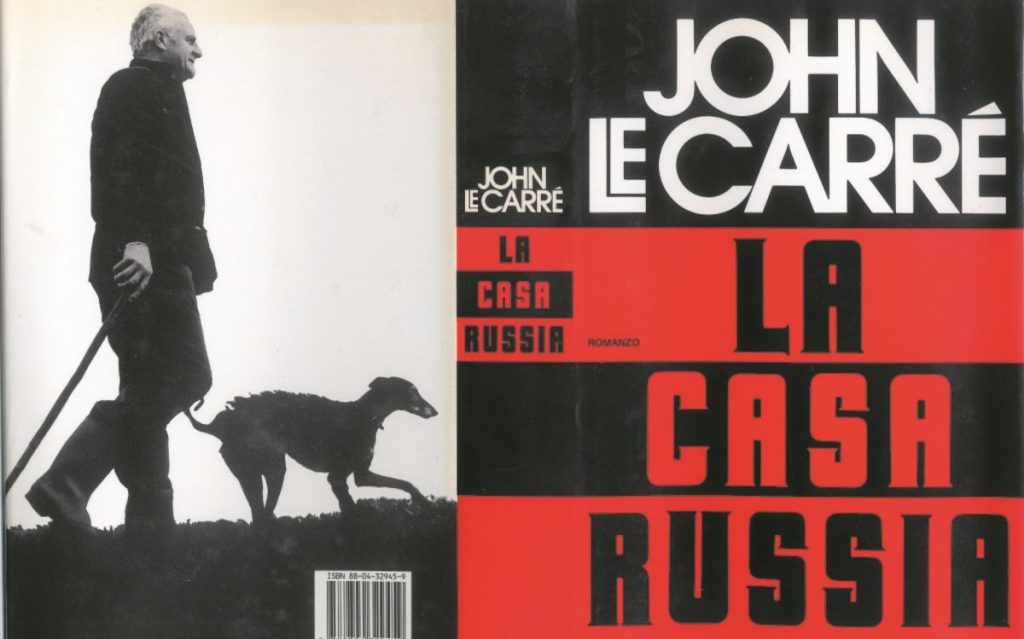
“The conversations, the geopolitics, the strategies, they’re all the same,” Harkaway told The Guardian.
Also read
According to him, the ideological and strategic rivalries of the Cold War haven’t disappeared, they’ve simply resurfaced in a new form.
What would Le Carré think of today’s world?
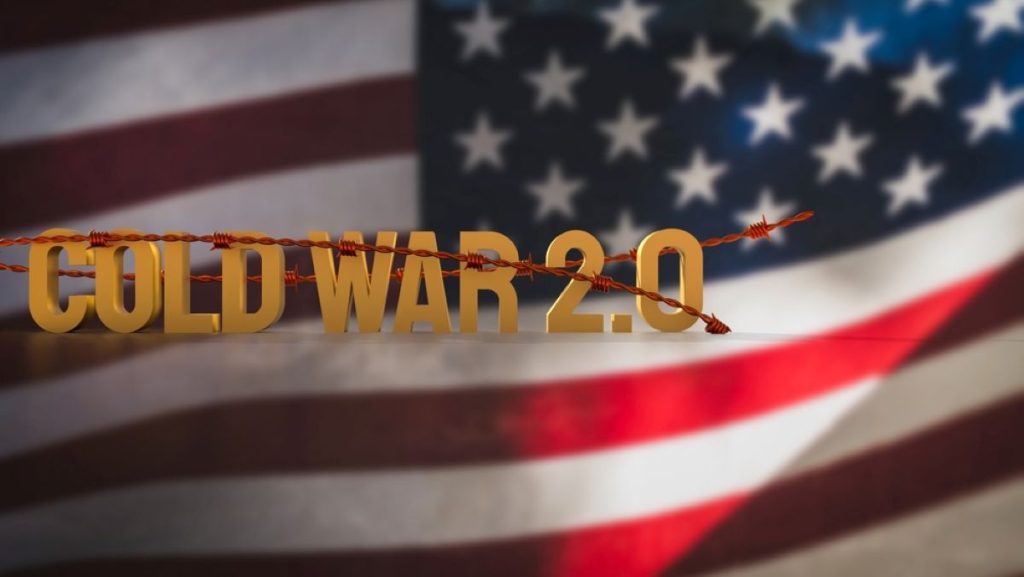
“He’d be horrified,” said Harkaway. Despite his grim themes, John le Carré was an optimist at heart.
His novels, his son explains, were about people finding the courage to make a better world, and warning what happens when they don’t.
A stage revival for a Cold War classic
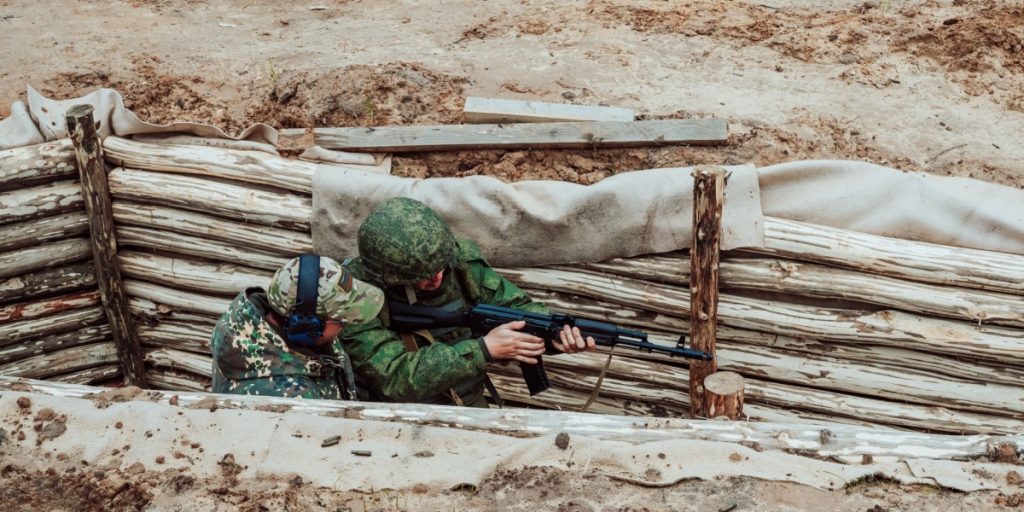
As these old tensions return to the headlines, so too does one of le Carré’s best-known stories.
The Spy Who Came in from the Cold has been adapted for the stage by playwright David Eldridge, with a November premiere set for Soho Place in London.
Born from real-world tension

Eldridge revealed that his idea to adapt the novel came during the fallout of the Salisbury Novichok poisoning, a modern-day spy scandal that felt straight from le Carré’s pages.
The story’s relevance to today’s world was impossible to ignore.
Do we sacrifice values to win?

Eldridge sees the adaptation as an exploration of moral choices: “Should you respond in kind to defeat your enemy? And if you do, have you already lost?”
These are the central questions faced by protagonist Alec Leamas and echoed in modern geopolitics.

